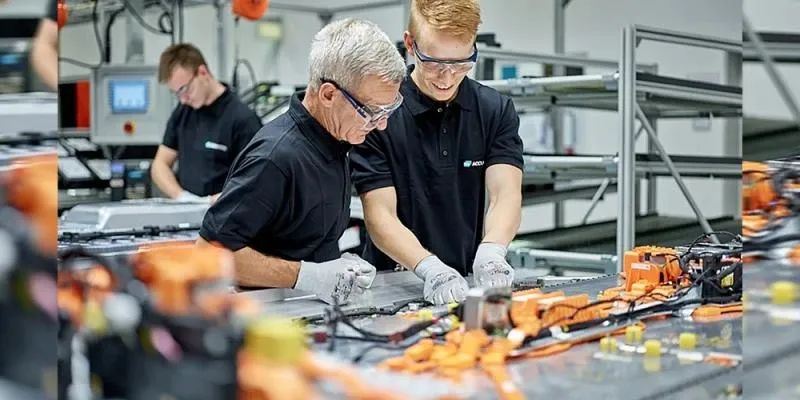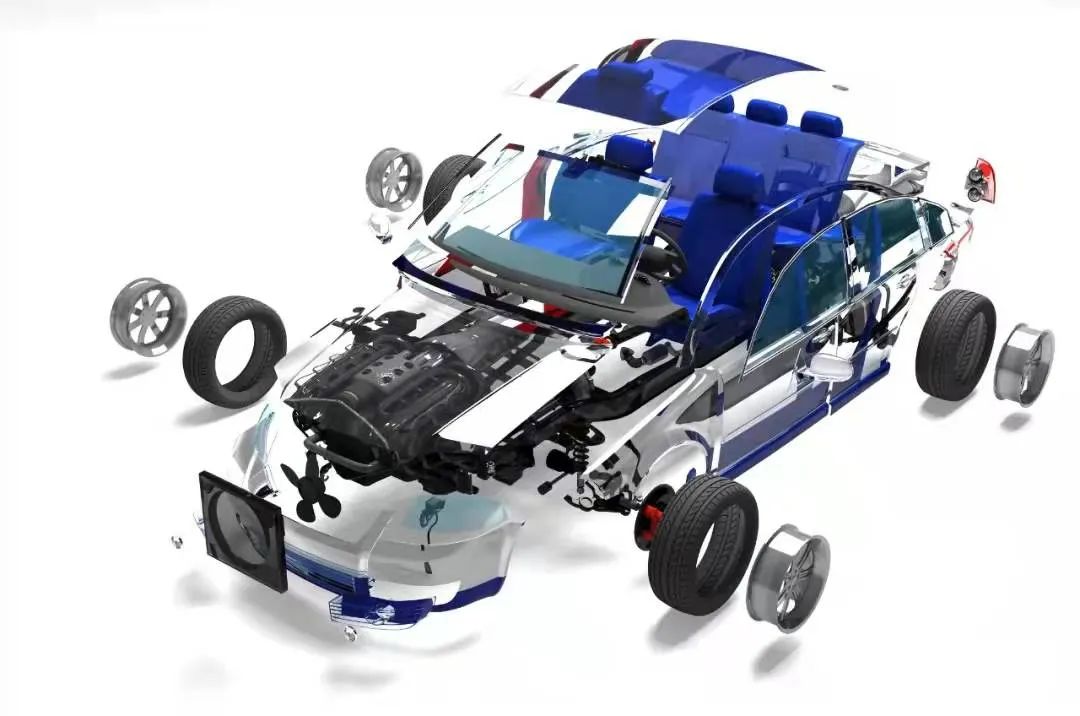In the context of high global inflation, price hikes have become commonplace in the auto industry. In addition to the price increase of chips and battery materials that started last year, the outbreak of the Russian-Ukrainian conflict this year and the approaching energy crisis have prompted the prices of basic materials such as steel, aluminum alloy, and rubber required for the production of automobiles and parts to rise across the board. Coupled with soaring energy costs and logistics costs, the heavy cost pressure has left many parts suppliers feeling overwhelmed.
At the annual press and results conference in May, Bosch Chief Financial Officer Marcus Forschner admitted: "Our burden is becoming heavier due to the sharp rise in energy, raw material and logistics costs. Like OEMs pass on the pressure of rising costs by raising prices, and our suppliers must do the same.”
.jpg)

